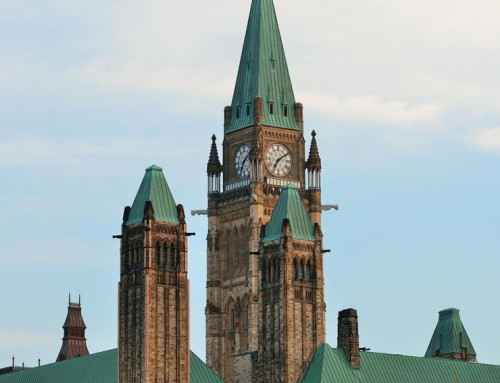
This book by Wesley J. Smith is available for loan from our resource centre. Mr. Smith is as the book’s back cover tells us” a lawyer and award winning author, a senior fellow at the Discovery Institute’s Centre on Human Exceptionalism. He is also a consultant to the Patients Rights Council…Smith left the full-time practice of law in 1985 to pursue a career in writing and public advocacy. He is the author or co-author of 13 books”.
BioEdge, a site devoted to bioethics information interviewed Wesley J. Smith in June. We highlight two questions from this interview:
BioEdge: This is a thoroughly revised edition of a book you published 16 years ago. In your view is there less respect for life in American medical culture now? Are there any bright spots?
Wesley J. Smith: There is less respect for human equality and the sanctity of life in healthcare generally, I fear, and not only in the U.S. Indeed, I changed the subtitle of the book to the “The Age of ‘Do Harm’ Medicine” because it now grapples with developments outside the United States as well as in my own country. We are all connected, so that what happens in Canada impacts Australia, what happens in the USA can have a pull on South Africa.
I have observed in the past 15 years since the first edition of Culture of Death, that throughout the developed world and the West we see a terrible and increasing disrespect for the intrinsic value of the most weak and vulnerable among us. Euthanasia has spread like a stain and grown increasingly toxic. For example, in Belgium medicalized killing is now coupled with organ harvesting–including of the mentally ill. Health care rationing, which is blatant and invidious medical discrimination, is a growing threat. Advocacy continues to discard the dead donor rule in organ transplant medicine, even proposals for the live-harvesting of patients with profound cognitive disabilities.
If there is a “bright spot”, it is to be found among the medical professionals – doctors, nurses, pharmacists, physicians assistants, etc.-who continue to resist these utilitarian bioethical agendas and work in the trenches of clinical medicine with an ongoing commitment to the wellbeing and equal value of all patients.
BioEdge: Let’s peer into the future. What are the battles you are preparing for, the big issues?
Smith: Assisted suicide and euthanasia are going to continue to be bioethical hot potatoes. Medical futility. Protecting medical conscience rights for health care professionals who wish to adhere to Hippocratic values is going to be huge internationally. I mean, if we are not careful, in 20 years one may not be able to find a doctor who would not be willing to kill you under some circumstances, which I find a very frightening prospect.
Action Life recommends this highly informative book. It deals with a host of life and bioethical issues.

